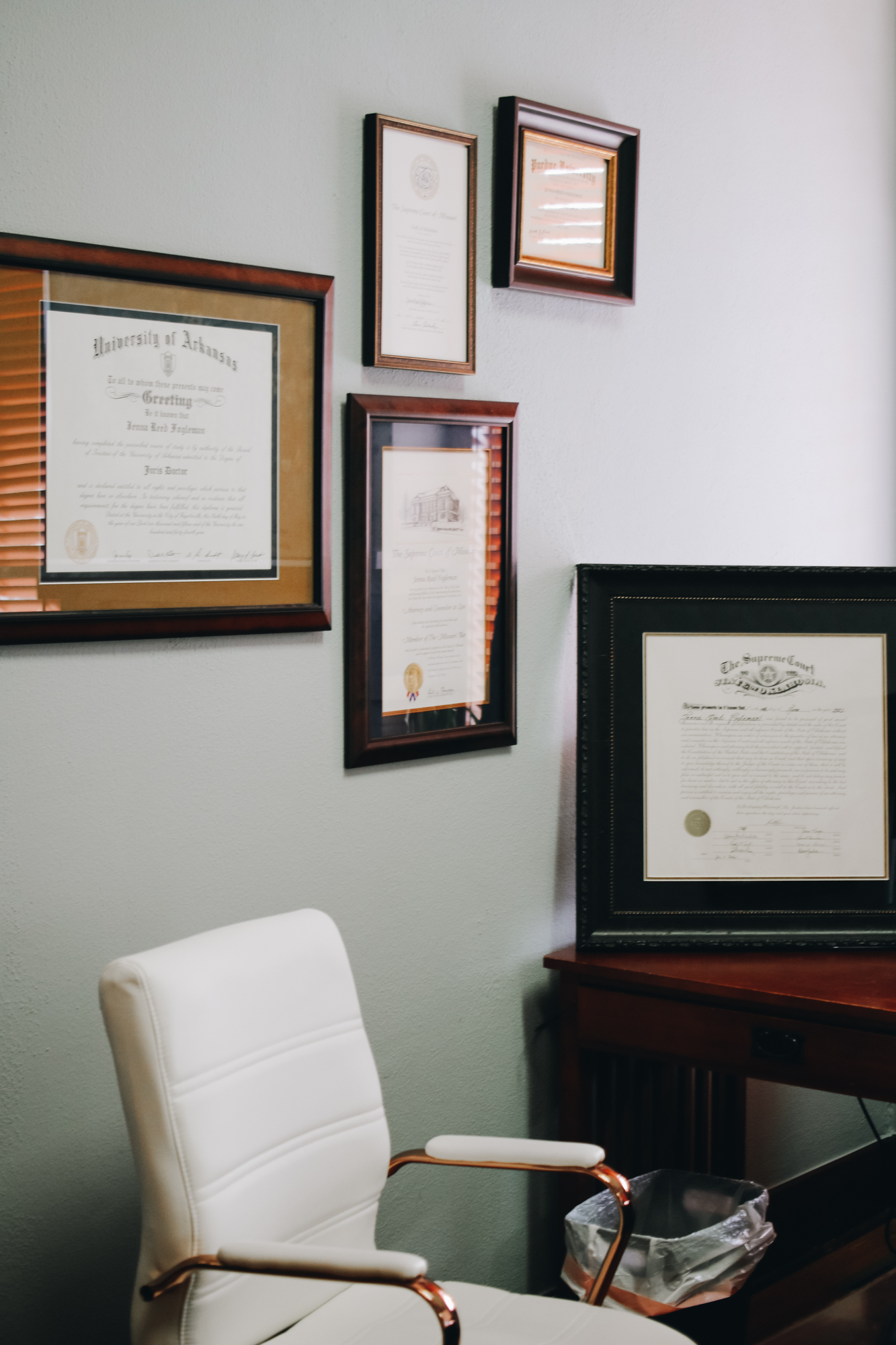Contributed by Law Clerk, Matt Campbell.
Most people are familiar with the right against self-incrimination embedded in the Fifth Amendment of the U.S. Constitution. This right allows a witness to refuse to answer questions that would lead to criminal liability. However, even if a person asserts his or her right to refuse to testify, a prosecutor can offer a grant of immunity in exchange for that testimony. If a witness has been granted immunity from prosecution, he or she may no longer reasonably fear such prosecution and can be compelled to testify.
Still, there are important distinctions between types of immunity offered by the prosecution which may not protect a witness entirely from prosecution from the crimes at issue or other crimes related and unrelated. For example, the “dual-sovereignty” doctrine may allow a federal prosecutor to prosecute a defendant who was given immunity at the state level and vice versa.
According to the Arkansas Supreme Court, in Hall v. State, the court asserted that the Fifth Amendment right against self-incrimination only protects the defendant from use of his incriminating statements, or evidence derived therefrom, but not from prosecution for related crimes. The type of immunity may affect whether a defendant can be prosecuted. There are two overall types of immunity:
1. Derivative Use Immunity: Immunity from the use of the compelled testimony and evidenced derived from it. It is coextensive with the Fifth amendment right against self-incrimination and is thus a sufficient grant of immunity to compel self-incriminatory testimony.
2. Transactional Immunity (also known as “blanket immunity”): This is the broadest form of immunity and protects the witness from future prosecution of any matter related to the immunized testimony
Essentially, one can be compelled to testify with only derivative use immunity, meaning a prosecutor can later prosecute for the crimes spoken of. However, the burden remains on the prosecution in any subsequent criminal trial to prove that no evidence was derived from the witnesses’ testimony and that any evidence used comes from a “wholly independent” source (see Kastigar v. United States, 406 U.S. 441 (1972)). If the prosecution had access to the immunized testimony, it must reveal how it developed independent evidence against the defendant. It’s not enough for the prosecution to simply deny using the immunized testimony—it must present evidence (either written or oral statements) explaining how the evidence doesn’t emanate from the defendant’s previous testimony. However, it’s okay if the prosecution had tangential knowledge of the immunized testimony.
In sum, a witness may be criminally liable even after asserting the right against self-incrimination, but attorneys at Miller, Butler, Schneider, Pawlik & Rozzell are well versed in criminal law and readily available to help advocate for your rights.


